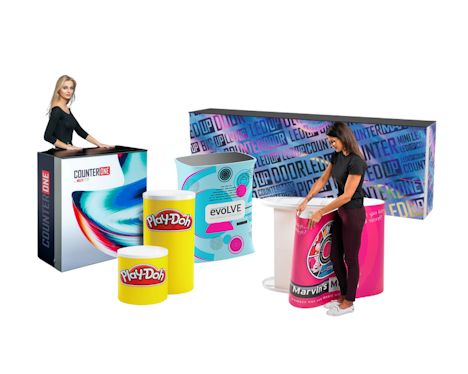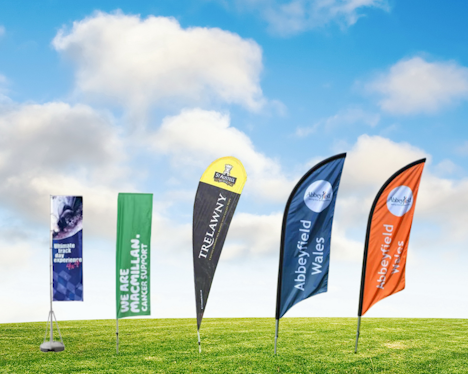Like any other form of marketing, trade shows are something your business will get better and better at over time.
While your first show might deliver a modest return on investment, the experience and data you get from it could double or triple your ROI at the next industry event. In fact, 65% of businesses said that in-person trade shows were an invaluable part of their marketing strategy,

Below you’ll find ten top tips for going from trade show novice to trade show master and enjoying excellent results from your future trade shows:
Track your trade show experiences and use the results to revise and refine your strategy for your next exhibit. If you as a company only break-even at an event, you could end up exposing insights that produce a great ROI at your next trade show.
Keep detailed notes on your trade show leads. Make mental notes of what a prospect is looking for as you interact with them, and store them on your computer or phone after exchanging contact details. You’ll talk to hundreds of prospects during a show, and notes will help you avoid forgetting details.
Photograph exhibits you like. Spend an hour walking around the floor every time you attend a trade show and take photos of exhibition stands you like. This is a great way to keep track of trends in your industry and an excellent tool for keeping an eye on your competitors’ strategies.
Follow up with customers and clients at every show. Before you attend a new trade show, email your current customers or clients and see if they’re going to the event. Every trade show is an opportunity to strengthen your network and make progress with customers.
Attend the presentations. There’s more to a trade show than the exhibitors. Try to watch at least one presentation for every trade show you visit. Some shows bring in well-known researchers and industry experts for entertaining and informative talks.
Don’t let failure get to you. Not every trade show will be a success, but if you keep focused on your objectives you can find gold in even the worst of trade shows. If you exhibit at an event that isn’t right for your business, consider it a learning experience and use it to improve your future event selection.
Build a trade show sales team. The best trade show sales teams have been to several shows in the past. Even if you invite new sales reps to each show, try to keep a core team of several experienced sales representatives that visit every major trade show in your industry.
Keep your exhibit up to date. If you’re attending several trade shows every year, it’s important that you update your exhibit to suit the goals of your company. Tweak your marketing material to reflect your goals and target your ideal customers.
Optimise your budget over time. Budgeting for your first trade show isn’t easy, but it’s a valuable learning experience. Use your spending from your first trade show to influence your budgeting decisions at future shows.
Enjoy yourself. Trade shows are hard work, but they’re also a refreshing break and a chance to catch up with customers and friends. Work hard to make your trade show exhibit a success, but don’t stop yourself from enjoying the experience.
posted in Trade Show Guide
Share this Event








